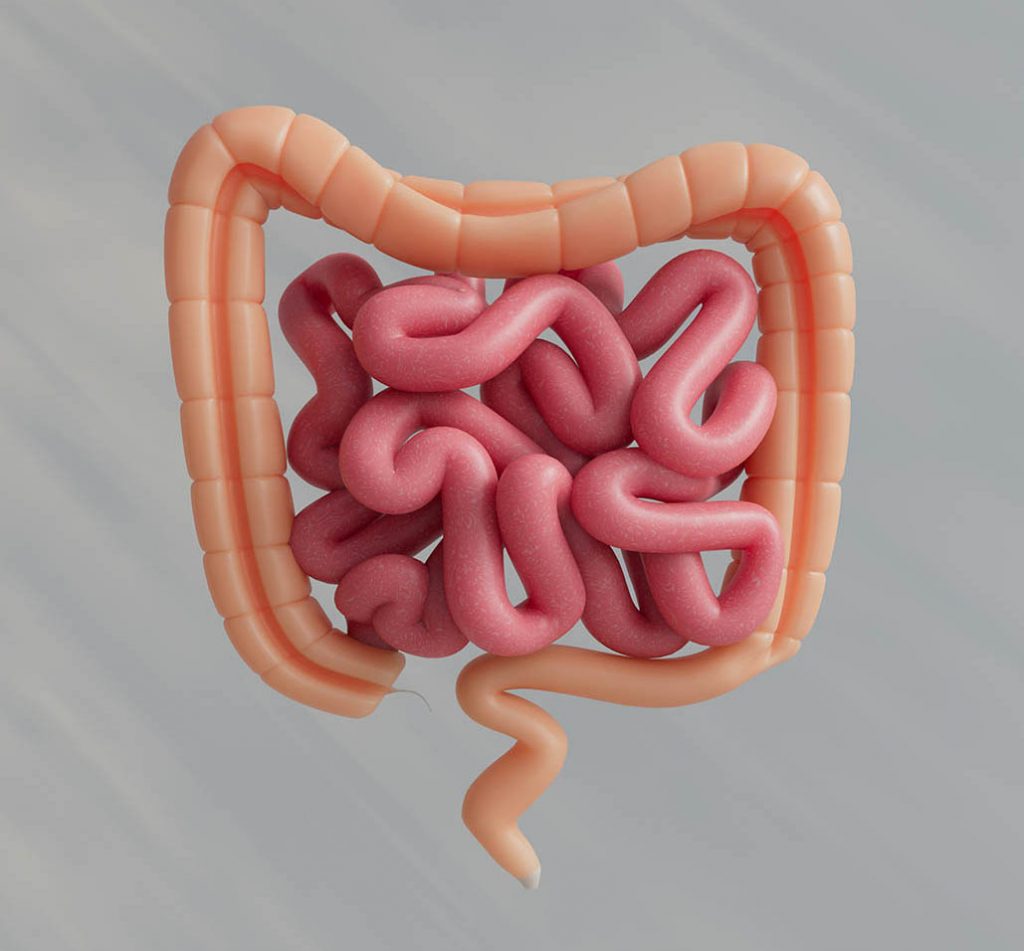GI-Map Test
GI-Map Stool Test
The GI-Map Test is a comprehensive stool analysis that provides insight into the balance and function of the gastrointestinal system. At our Kelowna clinic, the GI-Map Test may be used as part of an individualized, root-cause–focused approach to digestive and overall health.
Digestive symptoms are often complex and multifactorial. The GI-Map Test offers detailed information that can help guide clinical decision-making when gut health concerns are present. You can read more about my unique approaches to Digestive Restoration and SIBO.
What Is the GI-Map Test?
The GI-Map Test is a laboratory stool test that uses advanced DNA-based technology to assess various components of the gut environment. Rather than focusing on symptoms alone, the test looks at patterns within the gastrointestinal tract that may be relevant to overall health.
The GI-Map Test can provide information related to gut microbes, digestion, inflammation, and other markers associated with gastrointestinal function.
Why Gut Health Matters
The gastrointestinal system plays a central role in digestion, nutrient absorption, immune function, and communication with other systems in the body. When gut balance is disrupted, symptoms may appear both within and beyond the digestive tract.
Understanding what is happening in the gut can be an important step in addressing ongoing or unexplained health concerns in a more informed and individualized way.

What the GI-Map Test Looks At
The GI-Map Test may assess a range of markers related to gut health, including:
- Bacteria and microbial balance within the gut
- Markers related to digestion and absorption
- Indicators associated with intestinal inflammation
- Information about gut barrier integrity
- Additional findings that may help contextualize digestive function
Test results are interpreted within the context of a person’s health history, symptoms, and overall clinical picture.
Who Might Consider a GI-Map Test?
The GI-Map Test may be considered for individuals who are experiencing:
- Ongoing digestive discomfort or irregularity
- Bloating, gas, or changes in bowel habits
- Food sensitivities or digestive reactions
- Concerns related to nutrient absorption
- Chronic or unexplained symptoms where gut health may be a contributing factor
Testing is not always necessary for every individual. Whether the GI-Map Test is appropriate depends on clinical assessment and individual circumstances.

w the GI-Map Test Is Used in Care
The GI-Map Test is not used in isolation or as a diagnostic shortcut. Instead, it may be used to help inform a personalized care plan that considers nutrition, lifestyle, and other supportive strategies.
Results are reviewed carefully and discussed in context, with an emphasis on education and collaboration. Any recommendations are tailored to the individual and may evolve over time.
What to Expect From the Testing Process
If the GI-Map Test is recommended, patients receive clear instructions on how to complete the at-home sample collection. The sample is then sent to a specialized laboratory for analysis.
Once results are available, they are reviewed during a follow-up appointment to discuss findings, context, and potential next steps. The focus is on understanding patterns rather than labeling or rushing conclusions.
A Personalized Approach
As a licensed Naturopathic Doctor, Dr. Chelsea Gronick incorporates laboratory testing thoughtfully and within a regulated scope of practice. The GI-Map Test is one of many tools that may be used to better understand gut health when appropriate.
Care is always individualized, evidence-informed, and guided by patient goals, safety, and informed consent.
Book a Connection Call
If you’re curious about whether the GI-Map Test may be appropriate for you, the first step is a conversation.
Book a connection call to discuss your digestive concerns, ask questions about testing, and explore whether the GI-Map Test fits into your care plan.

Learn More About GI Map Testing
The GI Map assesses your digestive function. Besides microbes, the GI Map evaluates:
Your pancreatic enzyme production
If your enzyme production is low, you may see undigested food in your poop.
Fat in your stool
This identifies a problem with fat digestion, which is often a liver or gallbladder issue, as your liver makes bile to emulsify fats, and your gallbladder squirts it out on demand. You can detect liver or gallbladder issues before they become big problems.
Anti-gliadin antibodies
Your immune system makes these when gluten is a problem. Also, for people who are off gluten, the presence of these antibodies indicates that you are reacting to gluten cross-reactive foods. This is important to investigate especially if you have autoimmunity.
Inflammation in your GI tract
Through a marker called calprotectin. I use this frequently with my autoimmune colitis and Crohn’s patients to monitor how our autoimmune treatment is working.
The immune activity in your GI tract
by measuring secretory IgA. This tells you if your gut immune system is underactive, overactive, or working perfectly.
Complete List of Things Measured on the GI-MAP
Bacterial Pathogens
Campylobacter
Clostridium difficile, Toxin A
Clostridium difficile, Toxin B
E. coli
Enterotoxigenic E. coli LT
Enterotoxigenic E. coli ST
Shiga-like Toxin E. Coli stx1
Shiga-like Toxin E. Coli stx2
Shigella
Salmonella
Vibrio cholerae
Yersinia enterocolitica
Viral / Parasitic Pathogens
Adenovirus 40/41
Norovirus GI
Norovirus GII
Rotavirus A
Cryptosporidium
E. histolytica
Giardia
H. pylori
Helicobacter pylori
Virulence Factor, cagA
Virulence Factor, vacA
Additional Tests
Secretory IgA
Anti-gliadin SIgA
Elastase-1
Calprotectin
b-Glucuronidase
Steatocrit
Fecal Occult Blood
Normal Bacterial Flora
Bacteroides fragilis
Bifidobacterium spp.
Enterococcus spp.
Escherichia spp.
Lactobacillus spp.
Akkermansia mucinophila
Clostridia (class*)
Faecalibacterium prausnitzii
Enterobacter spp.
Clostridia spp.
Opportunistic Bacteria
Potential Autoimmune Triggers
Citrobacter freundii
Klebsiella pneumoniae
Proteus spp.
Proteus mirabilis
Methanobacteriaceae (family)
Fusobacterium spp.
Additional Dysbiotic/ Overgrowth Bacteria
Bacillus spp.
Enterococcus faecalis
Enterococcus faecium
Staphylococcus aureus
Morganella spp.
Pseudomonas spp.
Pseudomonas aeruginosa
Staphylococcus spp.
Streptococcus spp.
Parasites
Blastocystis hominis
Dientamoeba fragilis
Endolimax nana
Entamoeba coli
Chilomastix mesnelli
Pentatrichomonas hominis
Fungi/Yeast
Candida albicans
Candida spp
Geotrichum spp
Microsporidium spp.
Trichosporon spp.
Rhodoturula spp.
Opportunistic Viruses
CMV- Cytomegalovirus
EBV- Epstein Bar Virus
Worms
Ascaris lumbricoides (roundworm)
Nector americanis (hookworm)
Trichuris trichuria (whipworm)
Taenia solium/saginata (tapeworm)
Cyclospora cayetanenensis
